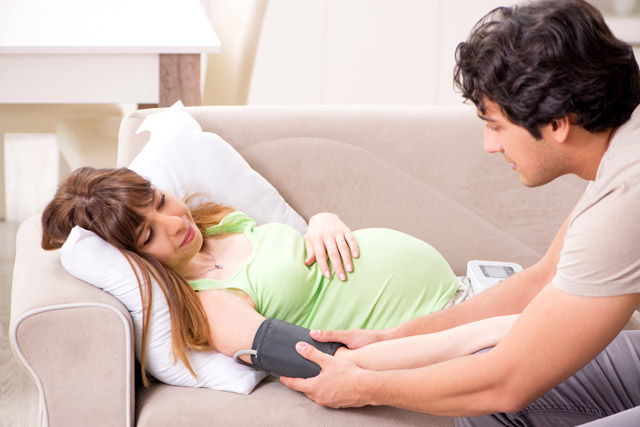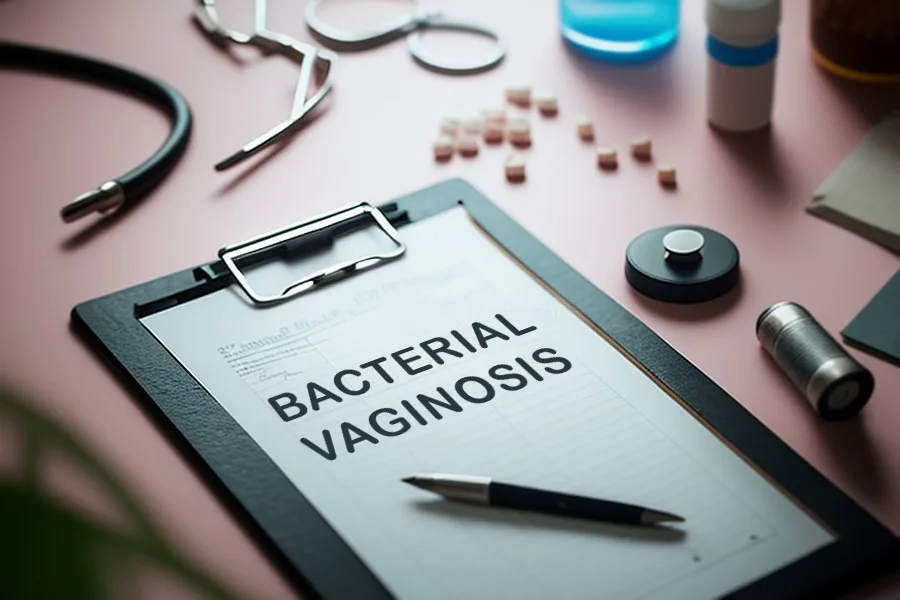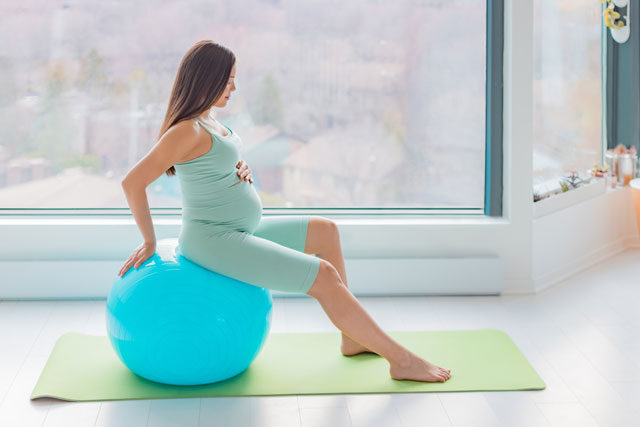Low blood pressure (hypotension) is a common symptom during early pregnancy. Women experience changes in circulation and hormones that can cause blood pressure to drop. Typically, such a decrease remains within the acceptable norm. So, pregnant women don’t have to worry about it as they can manage most symptoms of low blood pressure without using any medication.
However, if your blood pressure reading shows your numbers are too low, it’s time to contact your doctor for medical advice. Experiencing hypotension for prolonged periods can cause discomfort and a range of annoying symptoms. Abnormally low blood pressure during pregnancy can also signify significant health issues. That is why expecting mothers should learn some additional information about hypotension and never delay a visit to the doctor once they notice any symptoms of the disorder.
Symptoms of Low Blood Pressure
Low numbers are a typical problem among pregnant women. It often stays with them until they are 20-24 weeks into pregnancy. Your body is still accommodating to the changes caused by the fetus growing in your womb. One of many transformations occurring during gestation is the expansion of the blood vessels. It happens due to the need to provide an increased blood flow to the fetus. Such changes can cause low numbers as the pressure in your arteries and veins is reduced.
Women usually notice a drop in blood pressure around their 12th week. Such a change shouldn’t be a reason for concern. However, it can lead to bothersome symptoms, including lightheadedness and dizziness. They can also experience:
- confusion
- fatigue (often progressive with being the worst by night)
- faintness (especially when you stand up too quickly)
- constant thirst
- shortness of breath
- feeling cold or having cold hands and feet
- nausea
- blurred vision
While frequent, these signs are not always present in expecting mothers. But if you have some, they can significantly influence your quality of life and mood, cause trouble sleeping, and even provoke depression. Inform your OBGYN or midwife about any changes in your health condition. Healthcare specialists will run tests to see the causes and potential risks of such changes.
What Is a Norm?
Normal blood pressure is registered between 90/60 mmHg and 120/80 mmHg. However, most people have their standard number in such readings. It’s best to know your personal norm so you can identify decreasing levels.
Usually, most pregnant women show signs of hypotension to some extent after the 12th week. However, anything lower than 90/60 mmHg can be a reason for medical attention and constant blood pressure monitoring.
What Causes Hypotension
Anything from a lifestyle to diet and chronic illnesses can be the cause of hypotension during pregnancy. Overall, pregnant women should adjust their lives to the needs of their bodies. They should avoid stressful situations and cherish their energy levels. Spending too much time in a hot shower or bath can also provoke a significant drop in the numbers.
A range of other factors can affect your readings during the 12th-24th weeks of pregnancy. These are:
- allergies
- dehydration
- lack of activity (bed rest)
- malnutrition (unbalanced diet)
- infections
- heart disease
- anemia
These conditions can play their roles in causing hypotension even among women who haven’t experienced low blood pressure before pregnancy.
The rupture of an ectopic pregnancy can also trigger severely low blood pressure due to internal bleeding. If you experience symptoms characteristic of this emergency, like extreme tiredness or you feel faint, seek medical attention right away. Please note that the rupture usually happens at 6 – 16 gestational weeks.
Treatment
A basic self-care routine can significantly help expecting mothers decrease the symptoms and effects of hypotension. So, the first steps to treating your low pressure will be:
- reduction of stress
- plenty of rest
- plenty of sleep lying on the left side
- to wear loose clothes
- sufficient hydration
- balanced diet
Unless symptoms are too severe, doctors don’t recommend medication or other interventions. A woman’s blood pressure should rise once she approaches the third trimester. Some patients may even transfer from low to high blood pressure. But before that, it’s highly recommended to take things slowly. No rushing, no pressure, and no quick movements will already decrease any risks and reduce the discomfort.
Low Blood Pressure Pregnancy – Bottom Line
For the most part, women should not be too concerned with low blood pressure during their first two trimesters. Your body experiences drastic changes due to the growing needs of the fetus. So, it’s a natural response to the ongoing transformations. However, you should know how to act and manage such a condition at home to feel better and stay healthy.




